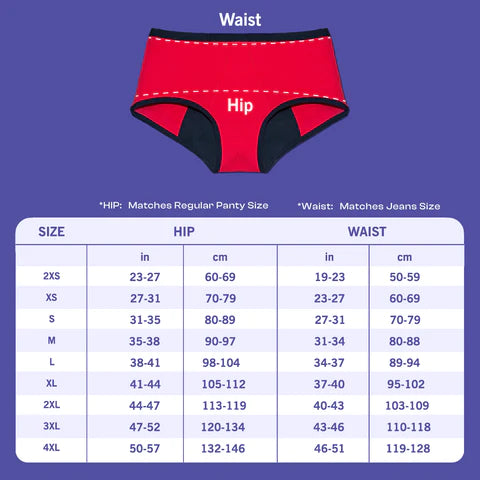Do you find yourself wondering whether you should skip planks during your period or push through the discomfort? As women, we’re often torn between staying consistent with our fitness goals and listening to our bodies during menstruation. The truth is, planking during periods isn’t a one-size-fits-all answer—it depends on your body, symptoms, and approach. In this content, we’ll explore the science and expert advice to help you decide whether planks are right for you during your period.
Let’s clear the confusion and empower your choices!
What is a Plank exercise
Plank exercises are one of the bodyweight routines, which actually target the entire strength of your core. This means you're usually required to keep the whole body straight in a line supported by your forearms or palms and by your toes.
This exercise engages many muscles in your body: abs, back, shoulders, and even legs. While most people consider planks as being core-only exercises, they are very good at building strong core muscles and enhancing posture.
What makes planks popular and how easy they are? You don't need special equipment or a lot of space. Yet, they can be very challenging, depending on just how long you hold the position.
For most women, plank exercise is one of the most common workouts towards midsection toning and general stability improvement.
Planks are usually thought of as a very good exercise to strengthen the core, but their impact during menstruation is a topic of much curiosity. Since, menstruation often causes discomfort, pain, cramps and bloating the question still remain if planks help or worsen the symptoms.
Plank exercise in Periods: Can we do it?
When you perform a plank, the abdominal muscles are deeply engaged. For some women, this engagement can feel intense during menstruation, particularly if they’re already experiencing cramps. The pressure on the core might exacerbate pain or discomfort in the lower abdomen, making planks feel less manageable on heavier flow days or when cramps are severe.
On the other hand, planking stimulates blood circulation, which can help ease muscle tension and improve overall energy levels. For women with mild symptoms, this boost in circulation and endorphin release might ease period discomfort and even reduce bloating. Additionally, strengthening the core over time could contribute to better pelvic stability, which may help minimize cramps in the long run.
What expert recommends
Experts generally agree that engaging in physical activity during menstruation can offer several benefits, including alleviating cramps and improving mood. However, the intensity and type of exercise should be tailored to individual comfort levels.
Plank exercises, which are known for strengthening the core, some experts suggest caution during menstruation. The Pinkishe Foundation recommends avoiding strenuous exercises and heavy lifting during periods, as the body is already under stress. They advise focusing on light activities that promote well-being without overexertion.
Similarly, Verywell Fit suggests that while compound exercises like barbell squats are excellent, it's important to adjust the intensity during menstruation. They recommend focusing on form rather than lifting heavier weights and considering lower-intensity variations to accommodate energy levels.
Certain yoga poses are known to improve blood circulation, reduce stress, and regulate hormonal imbalances, all of which contribute to a healthier menstrual cycle. In our blog on yoga for irregular periods, we explore the best yoga asanas and their benefits in detail.

What workout is best for periods
Whether you’re looking for something gentle or a bit more intense, there’s an option for every preference. Here are five of the best workouts to consider during your periods.
Best Workouts
- Walking
- Light Yoga
- Cycling
- Pilates
- Swimming
When should you avoid Plank exercise?
If you’re experiencing severe cramps, fatigue, or discomfort, it’s okay to skip or modify the exercise. Personal fitness levels also play a crucial role; what works for one woman might not work for another. Some may find planks energizing, while others might feel additional strain.
If you’re unsure, it’s always wise to consult a gynaecologist or a physiotherapy coach before adding planks or any new exercise to your routine during menstruation. They can guide you based on your unique health needs.
Summary
Each woman feels different during menstruation, and therefore, it's always suggested you listen to what your body is telling you. If planking fits your situation, that's terrific; if it does not, that is okay as well. Of course, always adjust this as comfort dictates. If you have any doubts, do not hesitate to talk to a healthcare professional. The idea is to stay active in a way that is comfortable for you during this time.
Disclaimer: This article is for educational purposes only and not intended to be a substitute for professional medical advice.


